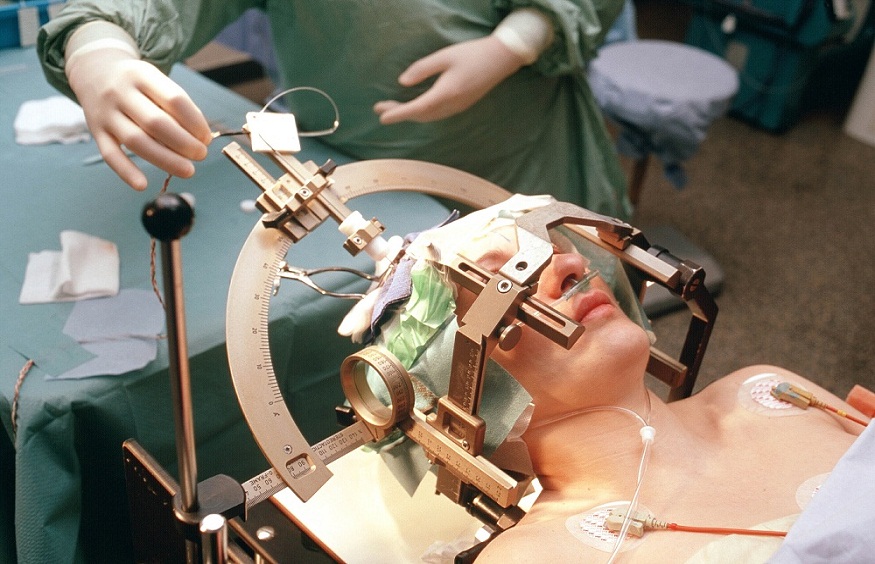Neurosurgery and Parkinson’s Disease: A Comprehensive Overview
Parkinson’s disease is a warrior we must understand to fight. In this battle, neurosurgery is a key weapon. It’s a tool that can ease symptoms, improving the quality of life. Yet, it’s not simple. We must delve into the complex depths of the brain, just like a surgeon operating Dayton sciatica. This blog will give a comprehensive overview of Parkinson’s disease and the role of neurosurgery. We’ll dig into the hows and whys, shedding light on this critical issue.
The Role of Neurosurgery in Parkinson’s Disease
Neurosurgery for Parkinson’s disease is not a cure. But it can help manage symptoms. It can reduce tremors. It can improve motor function. It can give patients a better quality of life.
Parkinson’s Disease Explained
Parkinson’s disease is a chronic, progressive disorder. It impacts the nervous system. Over time, it can lead to movement problems. These include tremors, stiffness, and balance issues. It can also cause non-motor symptoms. These include depression, sleep problems, and cognitive changes.
Neurosurgery Options for Parkinson’s Disease
Neurosurgery for Parkinson’s disease comes in a few forms. Deep brain stimulation is one option. Here, a surgeon implants electrodes in the brain. These send electrical signals to help control symptoms. Another option is lesioning. This involves creating small lesions in the brain to ease symptoms.
Decision Making: Neurosurgery and Parkinson’s Disease
The decision to pursue neurosurgery is personal. It depends on the patient’s symptoms. It depends on their overall health. It depends on their treatment goals.
Comparing Neurosurgery Options
| Neurosurgery Option | Benefits | Risks |
| Deep Brain Stimulation | Can reduce motor symptoms and medication needs | Possible risks include infection, stroke, and hardware complications |
| Lesioning | Can improve tremor and rigidity | Possible risks include paralysis, speech problems, and cognitive issues |
Knowledge is power in the fight against Parkinson’s disease. Understanding the disease and treatment options, like neurosurgery, can help patients and caregivers make informed decisions.


Leave a Reply
You must be logged in to post a comment.